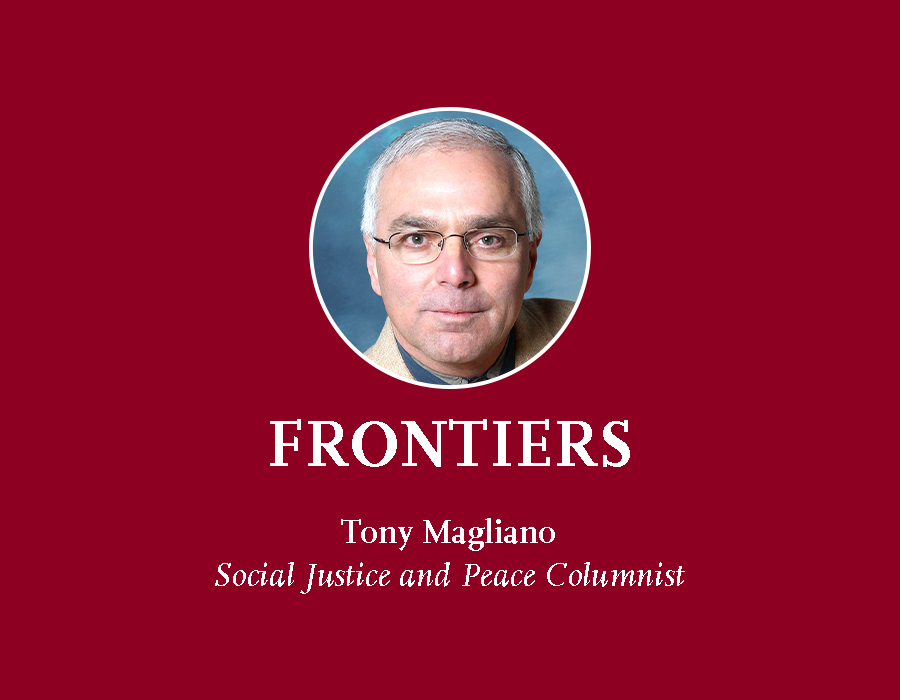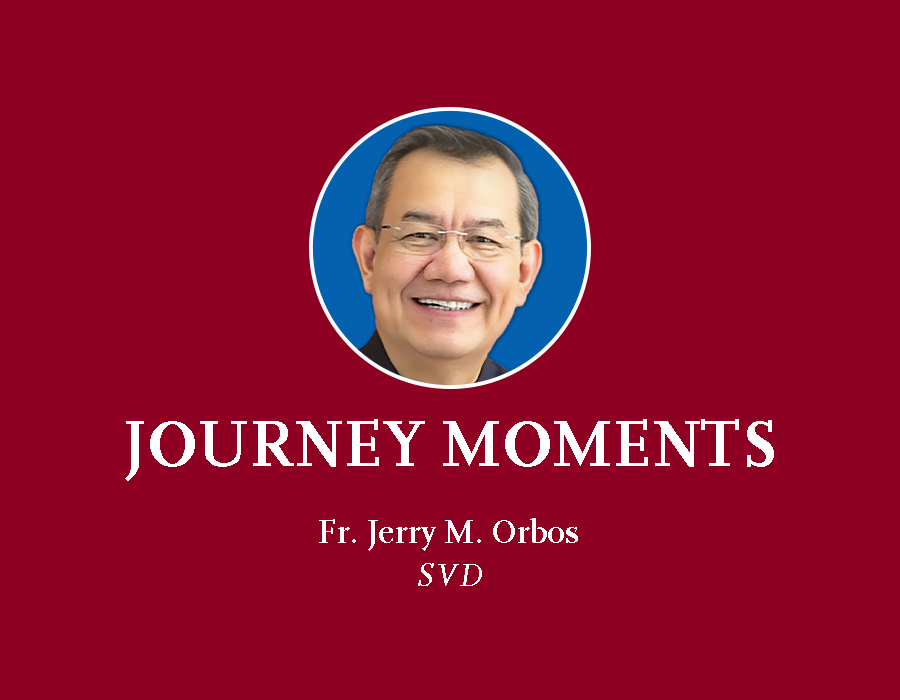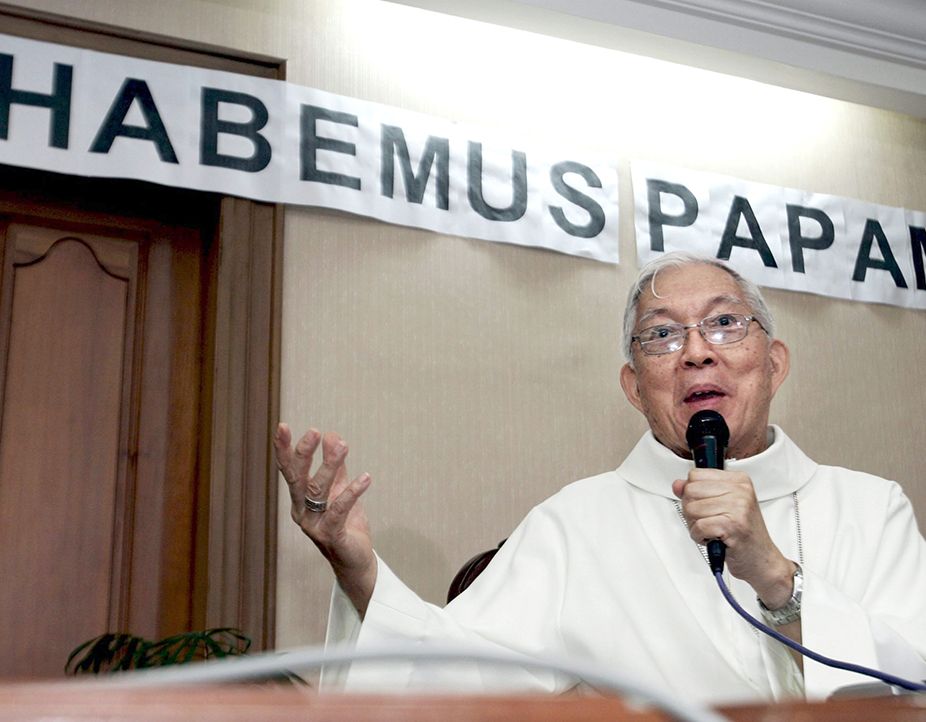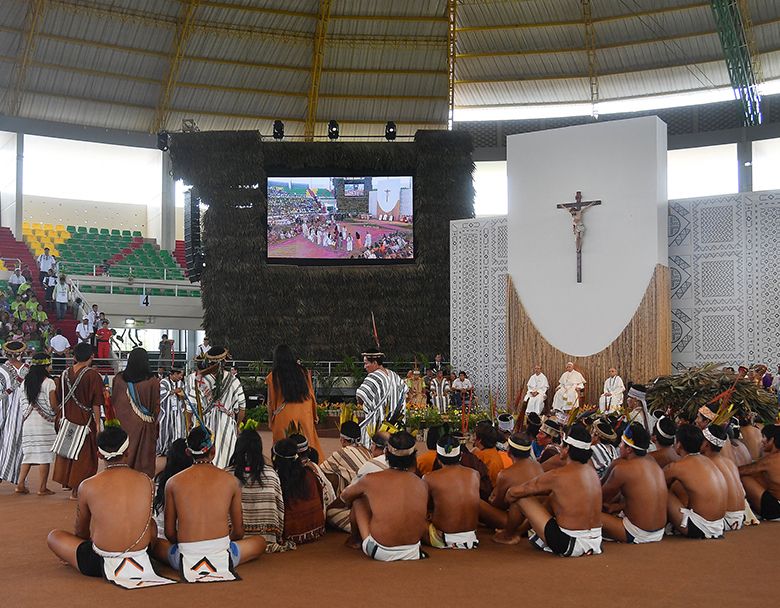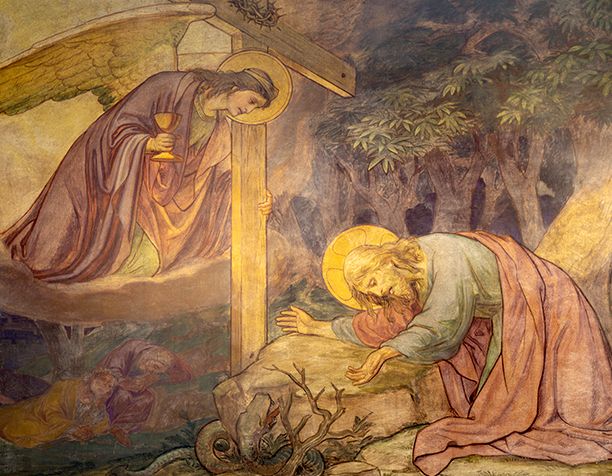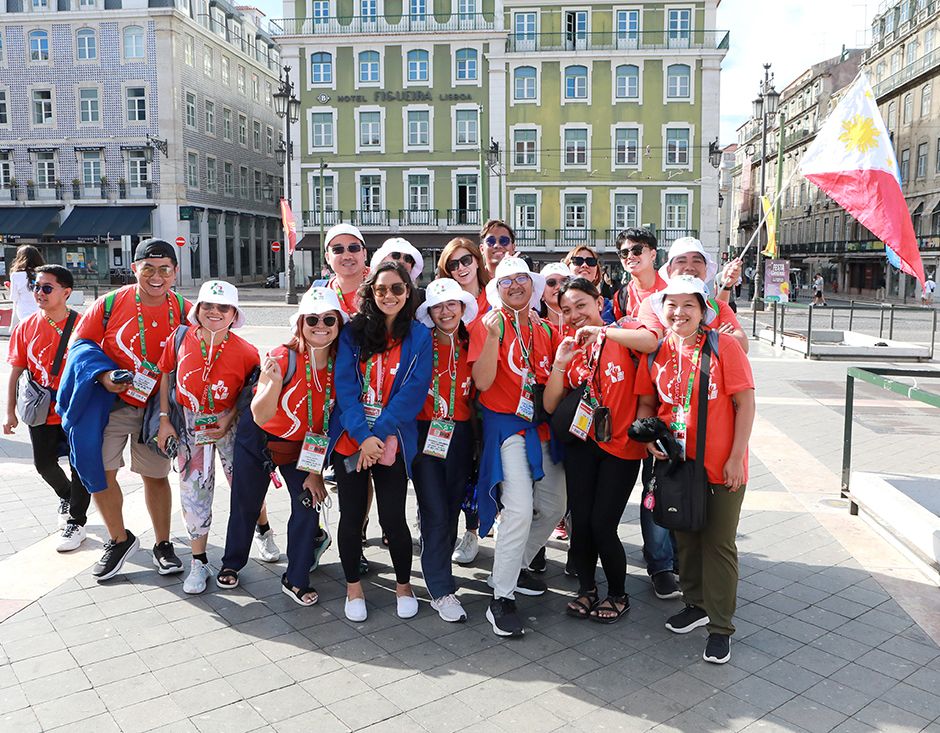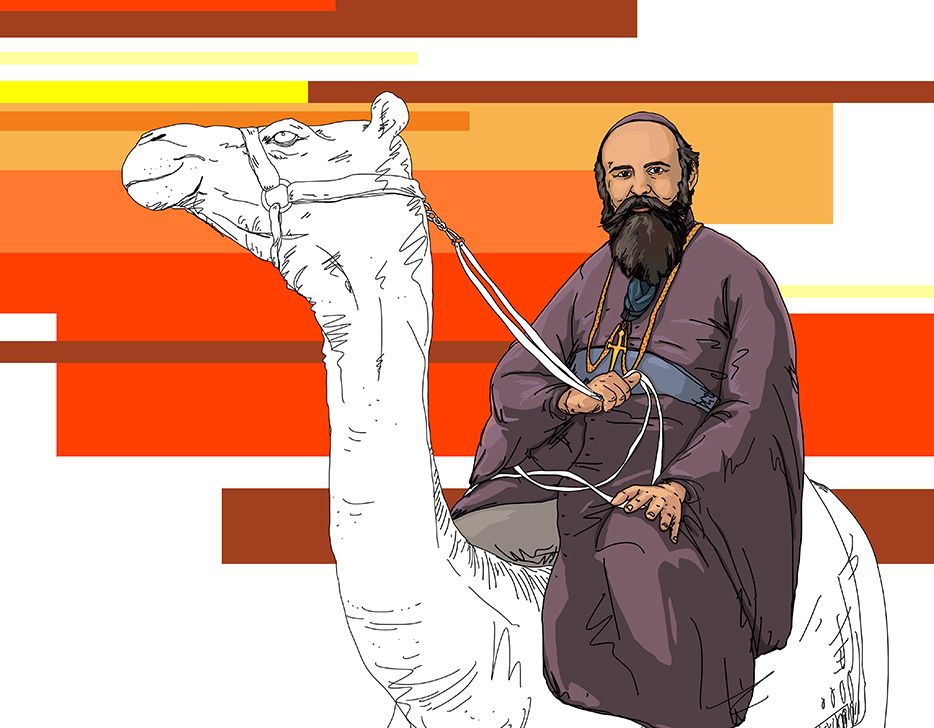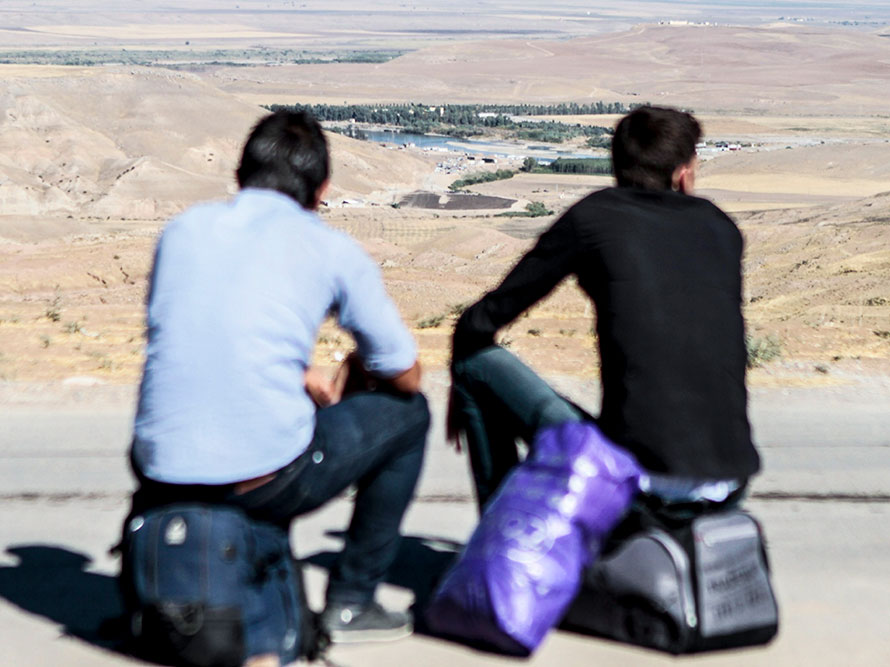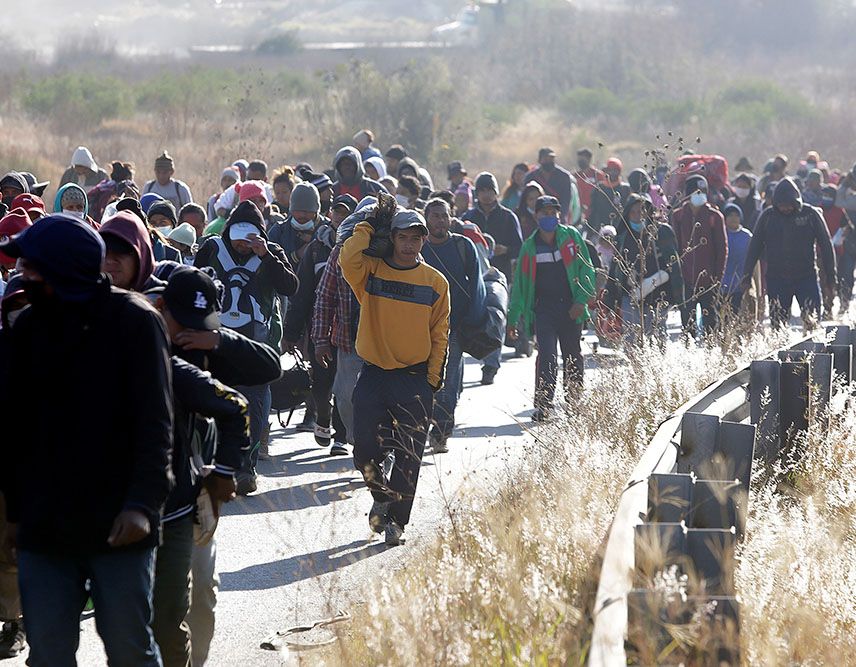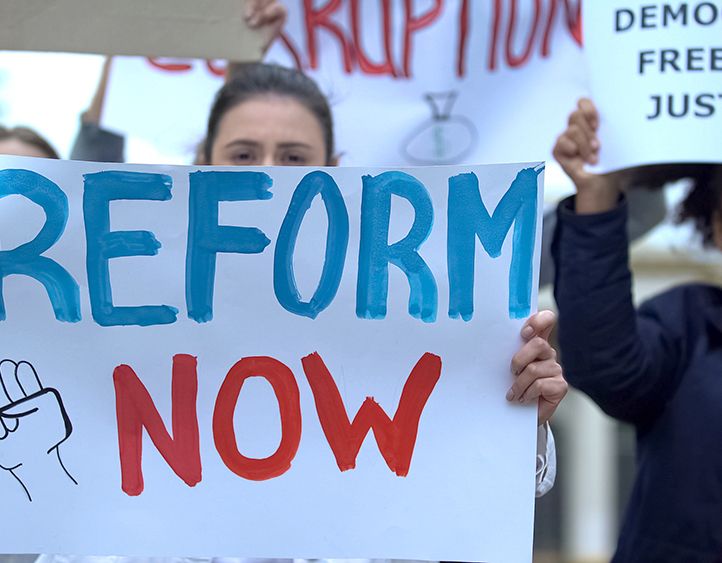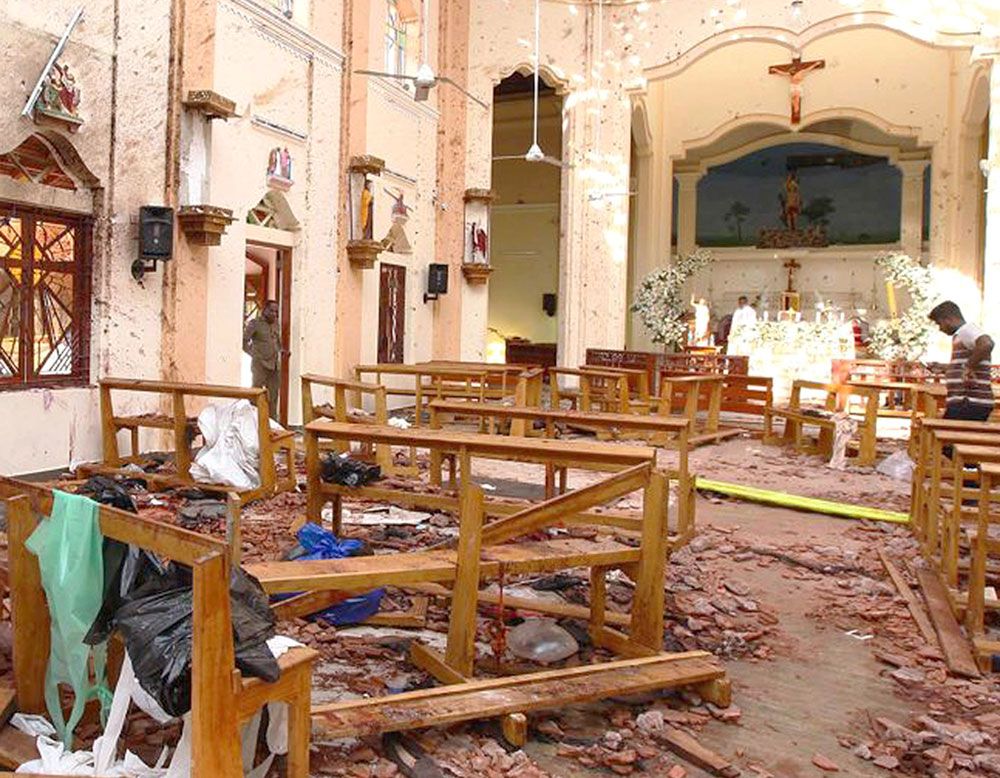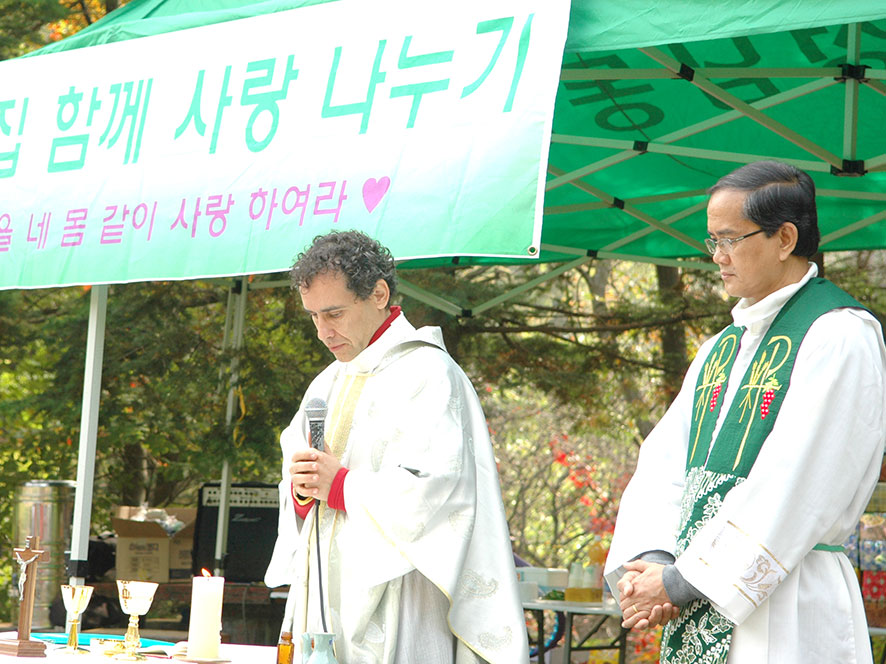The Trojan War lasted ten years but the winning Greeks gained little. Ajax fell in war. Menelaus and Odysseus kept wandering. And Agamemnon was killed upon returning. In ancient India, the Kurukshetra War reportedly lasted only eighteen days but it wiped out entire races. The winner in the war went around mourning. Emperor Ashoka, having defeated the Kalingas at the cost of a hundred thousand lives, felt ‘remorse’ for the disaster he had caused. Victory meant nothing to the victor.
Jesus wept thinking of the suffering that would befall his people when Jerusalem would be stormed by the Romans. It had a message for overconfident zealots among his followers about the futility of violence (Lk 21:24). Elsewhere, he says, “Put the sword in its own place. He who takes the sword also perishes by the sword” (Mt 26:52).
War is collective suicide. Historian Ernest Renan was sure that it was the over-aggressiveness of Louis XIV and Napoleon that made France decline in later years. Two World Wars immensely weakened Germany and amounted to the suicide of Europe. What happened to Europe as a result of two major Wars in the 20th century was assessed objectively only by later historians. If a continent that had controlled 84% of world space was reduced to dependency on its junior partner, America, it became evident that those wars helped neither the winners nor the losers.
CAUSES OF CONFLICT ARE TRIVIAL
It is generally neighboring nations that come into conflict, whether they be Athenians and Spartans, Romans and Carthaginians, French and Germans, or Japanese and Koreans. Most conflicts begin at the local level with minor provocations on either side. It can move on to competition in power, recognition, or trade advantages. A dominant power seeks allegiance like empires did in the past, as Russia seeks Ukraine’s. Nationalistic anger is artificially built up by self-interested leaders.
Similarly, quarrels between neighboring communities arise over land, market, job opportunities, education possibilities, or political advantages. Tensions arise on perceptions of economic or political exploitation of one group by another, usually a stronger one. Their discontentment manifests itself in various forms of protests, moving on to violence. Here again, there may be truth in the allegations but there are times when leaders keep their people’s discontent alive in order to retain their political loyalty. Occasionally, there is a third party that fans these inter-community tensions for their own political or ethnic interests. Tensions often mount before elections.
YOUTH NEED TO BE GUIDED
Sociologists see youth bulge as one of the causes that aggravate an inflammatory situation. They point out that a society with a high proportion of young people is likely to have youth energies that can collide if they are not guided in a positive direction. Responsible leaders in society seek to tap this resource of human energy by planning for their future effectively.
Unfortunately, populist leaders who adopt a confrontational style to preserve their leadership position find it easier to take advantage of such young people, especially when they are laboring under problems of poverty, unemployment, and competition. They instigate the belligerent instincts of youth with “fake news and false information, fomenting prejudice and hate” (Fratelli Tutti 45).
But young people in a society are not just trouble-makers or rebels who need to be disciplined and tamed. Their perceptions and insights are priceless, grievances real. The activities they initiate and movements they launch on natural instinct bring dynamism to a stagnating society. Their prophetic message, often hastily translated into action, needs to be interpreted and occasionally modified, not outright rejected. Their talents are to be developed through creative styles of education. Their energies need to be channeled through well-planned human resource development programs. It would be a great loss if they moved away to other lands seeing little scope where they are, or in search of another atmosphere.
DIALOGUE OF NATIONS
Genuine forms of nationalism or legitimate claims of community rights do not cause wars and conflicts. They are caused by the exaggerations of conceited leaders who use people’s nationalistic or sectarian fervor for their own interest. Hans Küng proposed that the struggles between nations and religious communities be replaced with a dialogue of nations/religions/civilizations.
If key decision-makers take moderate positions, make balanced statements, and show deference to the point of view of the dialogue partner, a listening attitude can be created. Jesus reduced his teaching to the simple formula, ‘love one another.’ Buddha called for the Middle Path. Aristotle defined virtue as the middle way (via media). Muhammad himself seems to have taught “The best thing is in your midst.” A “pedagogy of peace-making” can be developed from these core teachings.
Despite all the quoted weaknesses, at depth there is some measure of goodwill in every human being. People who wish to be peace-makers keep seeking to tap that measure of goodwill. For they consider themselves blessed when they work for peace (Mt 5:9). Be peace-makers!








